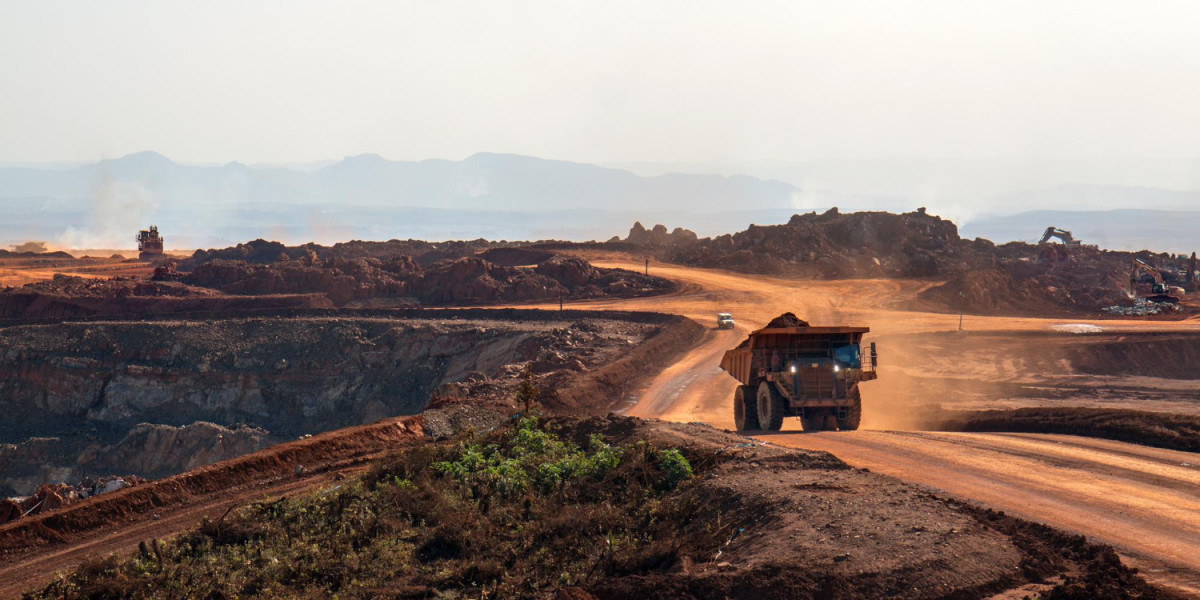Concrete is the backbone of modern construction, providing strength and durability to buildings, roads, and infrastructure. Whether you’re working on a small residential project or a large-scale industrial structure, having a concrete specialist and reliable concrete support is essential for ensuring long-lasting results.
In this guide, we’ll explore the roles of concrete specialists, the importance of concrete support, and how both contribute to strong and stable structures.
What is a Concrete Specialist?
A concrete specialist is a professional with expertise in concrete mixing, pouring, finishing, and reinforcement. They ensure that concrete structures are built according to industry standards, delivering high-quality results that withstand time and environmental factors.
Roles & Responsibilities of a Concrete Specialist
✔️ Assess project requirements – Determine the type of concrete mix needed. ✔️ Prepare surfaces – Ensure proper ground preparation before pouring concrete. ✔️ Mix and pour concrete – Use the right techniques for durability and strength. ✔️ Finishing & curing – Apply techniques like troweling and sealing for smooth surfaces. ✔️ Reinforcement & repairs – Strengthen concrete with rebar or fiber additives. ✔️ Safety compliance – Follow industry regulations to prevent structural failures.
Why Hire a Concrete Specialist?
✅ Ensures structural integrity – Proper concrete application prevents cracks and failures. ✅ Saves time & costs – Reduces waste and avoids costly repairs in the future. ✅ Expertise in different projects – Handles driveways, foundations, bridges, and more. ✅ Access to quality materials – Uses industry-grade concrete mixes for longevity.
What is Concrete Support?
Concrete support refers to reinforcement systems and techniques that enhance the strength and stability of concrete structures. This includes using formwork, rebar, fiber reinforcement, and support beams to prevent cracks, shifting, and premature wear.
Types of Concrete Support Systems
? Formwork & Molds – Temporary structures that shape and hold concrete while it sets. ? Rebar & Steel Mesh – Provides reinforcement to handle heavy loads and stress. ? Fiber Reinforcement – Synthetic or steel fibers mixed into concrete for added durability. ? Piers & Beams – Structural supports used in foundations and load-bearing elements. ? Expansion Joints – Prevents cracking by allowing concrete to expand and contract.
Why is Concrete Support Important?
✔️ Prevents Structural Weakness – Reinforcement stops cracks and failures. ✔️ Increases Load Capacity – Strengthens concrete for heavy-duty applications. ✔️ Extends Lifespan – Reduces maintenance needs and enhances durability. ✔️ Improves Safety – Ensures structures remain stable under extreme conditions.
Applications of Concrete Specialists & Support Systems
? Building Foundations – Essential for homes, skyscrapers, and industrial sites. ? Bridges & Highways – Requires reinforced concrete for load-bearing strength. ? Retaining Walls – Prevents soil erosion and land shifting. ? Underground Tunnels & Mines – Needs strong concrete reinforcement for safety. ? Swimming Pools & Water Tanks – Uses waterproof concrete for durability. ? Commercial & Residential Flooring – Ensures smooth, crack-resistant surfaces.
FAQs About Concrete Specialists & Concrete Support
1. What qualifications should a concrete specialist have?
? They should have industry certifications, hands-on experience, and knowledge of concrete mix designs.
2. How do I know if my concrete structure needs additional support?
? Signs like cracking, shifting, or sagging indicate a need for reinforcement or repairs.
3. What is the best type of concrete support for heavy loads?
? Rebar reinforcement and fiber-enhanced concrete are the most effective options.
4. Can I install concrete support after construction?
? Yes, additional reinforcements like steel plates, piers, or overlays can be added later.
5. How long does concrete last with proper support?
? With high-quality materials and expert application, concrete structures can last 50+ years.
Final Thoughts
A concrete specialist ensures that concrete is mixed, poured, and finished to perfection, while concrete support systems reinforce structures for longevity and stability. Whether you're constructing a foundation, a bridge, or a commercial building, investing in professional expertise and quality reinforcement will guarantee the success of your project.









